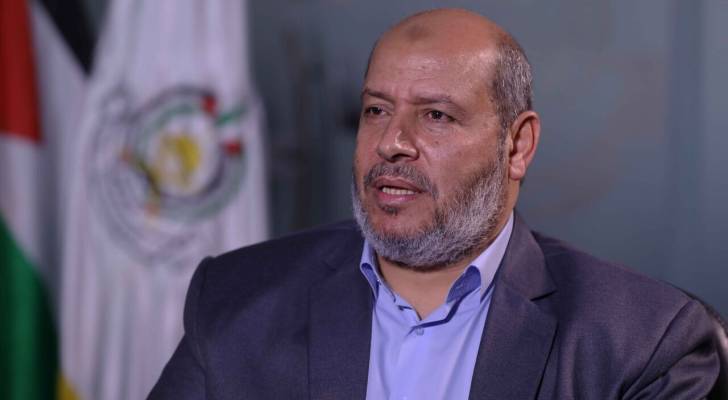Jordan and the IMF agreement - By Raad Mahmoud Al-Tal, The Jordan Times
The recent agreement between the Jordanian government and the International Monetary Fund (IMF), reached at the expert level during the fourth review of the “Extended Fund Facility” (EFF) and the first review of the “Resilience and Sustainability Framework” (RSF), marks an important milestone in Jordan’s economic reform journey. Nearly two years into the program, the latest indicators show meaningful progress in financial stability and macroeconomic resilience, bolstering confidence in Jordan’s ability to navigate regional uncertainties and fiscal pressures.
Economic growth accelerated to 2.7 per cent in the first half of 2025, compared with 2.4 per cent in 2024. This improvement reflects the recovery of key sectors such as tourism and services. Inflation remained stable at 2 per cent, a level that safeguards purchasing power and limits cost-of-living pressures. The Central Bank has managed monetary policy effectively, supported by foreign reserves of approximately $23 billion, covering nearly eight months of imports, highlighting the resilience of the banking sector and the stability of the Jordanian dinar.
Fiscal management continues on a disciplined path. The budget deficit is projected to decline to 2.8 per cent of GDP in 2025, down from 3.3 per cent in 2024, while domestic revenues have increased by roughly 6 per cent through improved tax collection and base broadening. At the same time, the government has maintained priority social and developmental spending, carefully balancing fiscal consolidation with growth objectives. The goal of reducing public debt to 80 per cent of GDP by 2028 remains central, requiring continued commitment and consistent implementation of reforms.
The external sector is showing signs of improvement. The current account deficit is expected to fall to 5 per cent of GDP, supported by tourism revenues exceeding $6 billion and a 5 per cent increase in exports. Strategic infrastructure projects, such as the National Water Carrier, are anticipated to enhance investment and growth prospects in the coming years, particularly when combined with expanded regional economic cooperation.
The RSF, approved in June 2025 with a value of $744 million, represents a new dimension in Jordan’s collaboration with the IMF. It targets long-term structural challenges in the water and electricity sectors while strengthening the country’s readiness to respond to health emergencies. Implementation of the reform measures under the first review is already underway, including efforts to reduce water losses, which currently exceed 45 per cent in some regions, and to improve energy sector efficiency. These initiatives form a vital foundation for fiscal sustainability and reducing future budgetary pressures.
Looking forward, it is essential to accelerate structural reforms in the business environment and stimulate productive investment, particularly in high value-added sectors such as industry, technology, and modern agriculture. Achieving growth of over 3 per cent in 2026–2027 is realistic, but it will require sustained collaboration between the public and private sectors, enhanced government efficiency, and alignment of sustainability policies with tangible development projects that address unemployment, currently at 21 per cent, especially among youth.
While IMF support provides crucial financial and technical backing, it is ultimately a framework to strengthen national policies rather than replace them. True success will be measured not only by macroeconomic indicators but by the ability of these programs to gradually build a self-reliant economy with a productive base that creates jobs and improves living standards.
As Jordan continues to advance with reforms, the central challenge will be translating macroeconomic stability into inclusive and sustainable growth. The path forward is clear: efficient implementation, expanded economic participation, and strategic investments will reinforce resilience, enabling the economy to navigate future uncertainties with confidence.
Raad Mahmoud Al-Tal – Department of Economics, University of Jordan
Latest News
-
 Nobel Peace Prize snubs Trump, honors Venezuelan opposition leader
Nobel Peace Prize snubs Trump, honors Venezuelan opposition leader
-
 "We ended the war in Gaza," says Donald Trump
"We ended the war in Gaza," says Donald Trump
-
 Witkoff, Kushner join cabinet meeting on Gaza deal after meeting with Netanyahu
Witkoff, Kushner join cabinet meeting on Gaza deal after meeting with Netanyahu
-
 “Gaza prisoner exchange to release 1,950 Palestinians, including 250 lifers”: al-Hayya
“Gaza prisoner exchange to release 1,950 Palestinians, including 250 lifers”: al-Hayya
-
 Crown Prince meets with France President
Crown Prince meets with France President